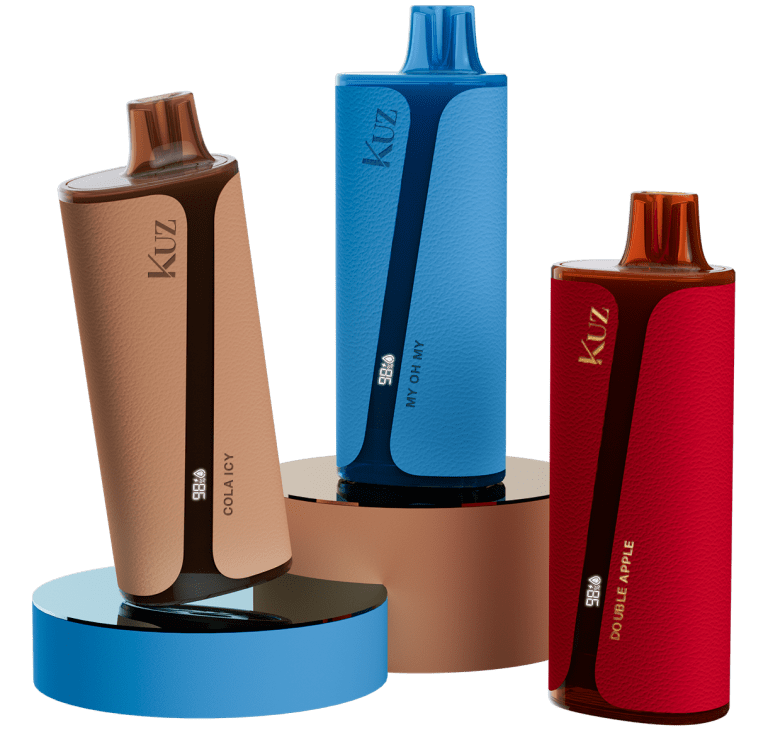The rise in popularity of disposable vapes has led many vapers to wonder what to do with these devices once they are used. With their single-use nature and increasing contribution to electronic waste, the question of whether vape shops buy back disposables has become a common inquiry. This article dives deep into the realities of disposable vape buyback programs, the environmental concerns surrounding these products, and the best practices for their disposal.
Do Vape Shops Buy Back Disposable Vapes?
The short answer is no, most vape shops do not buy back disposable vapes. This is largely due to hygiene concerns, the single-use nature of disposables, and the logistical challenges posed by refurbishing or reselling them. Once a disposable vape’s battery is depleted, or the e-liquid runs out, these devices are typically discarded.
For hygiene reasons, vape shops avoid purchasing used disposable vapes, as the potential for contamination makes reselling them risky. Additionally, the design of disposables—sealed units with integrated batteries and e-liquid tanks—makes it impractical for shops to refurbish them for resale. Even if a disposable vape appears to be in good condition, most stores would still be hesitant to buy it back due to regulatory restrictions and legal complexities surrounding the resale of vaping devices.
Why Don’t Vape Shops Offer Buyback Programs?
Several factors influence the lack of buyback programs for disposable vapes:
- Single-Use Design: Disposable vapes are meant for short-term use. Once their e-liquid is depleted or their battery dies, they are designed to be discarded, which makes the idea of a buyback program less practical.
- Hygiene and Safety Concerns: Used vapes present health risks due to potential contamination from previous users. This makes it challenging for shops to buy, sanitize, and resell these products.
- Environmental Regulations: Some regions have strict laws regarding the disposal of e-waste, including lithium-ion batteries found in vapes. Vape shops may face legal challenges if they buy back and resell used devices.
Recycling as an Alternative to Buybacks
While buyback programs are rare, many vape shops offer recycling programs. These initiatives aim to mitigate the environmental damage caused by discarded vapes. Some stores provide recycling bins where customers can drop off used disposable vapes, ensuring that the components, particularly the hazardous lithium-ion batteries, are safely disposed of.
Recycling programs focus on separating materials like plastic, metal, and batteries, which can then be processed at specialized e-waste facilities. In regions like the United Kingdom, the Waste Electrical and Electronic Equipment (WEEE) regulations mandate the proper recycling of electronic products, including disposable vapes.
In the U.S., household hazardous waste (HHW) centers accept disposable vapes for proper recycling. Consumers can locate these facilities through online maps or local authorities.
Alternatives to Disposable Vapes
To reduce environmental impact, many vapers are switching to reusable vaping devices. These vapes can be refilled with e-liquid and have replaceable parts, significantly reducing waste compared to disposables. Some reusable vapes even feature recyclable components, making them a more sustainable option.
For those still seeking the convenience of disposable vapes but with less environmental guilt, some manufacturers now offer refillable disposables. These devices allow users to recharge and refill them multiple times before final disposal, offering a balance between convenience and sustainability.
Conclusion
Although vape shops do not typically buy back disposable vapes, there are many responsible ways to dispose of these devices. Recycling programs at vape shops or e-waste centers provide eco-friendly disposal options, helping to reduce the environmental harm posed by used vapes. As awareness of environmental issues grows, consumers are encouraged to explore alternatives like reusable devices or refillable disposables to minimize their ecological footprint.
Understanding the policies surrounding disposable vapes and taking the initiative to recycle them responsibly can significantly contribute to a healthier planet, making vaping a more sustainable practice.



